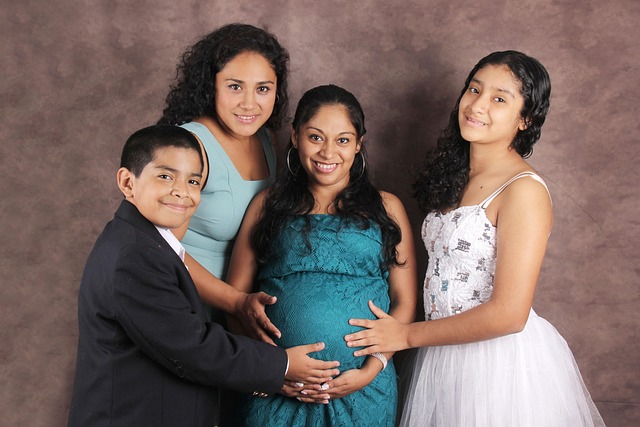Infertility solutions with egg donation offer hope and a viable path to parenthood for many couples facing medical barriers. Navigating legal complexities, including establishing parental rights, protecting privacy, and determining custody, is crucial. Thorough donor selection based on compatibility and safety ensures minimal health risks. Open communication and comprehensive assessments foster trust and harmonious relationships. Societal changes and medical progress drive growing acceptance of egg donation as a viable family-building option, with clear legal frameworks essential to protect all involved.
Infertility affects millions, inspiring the exploration of innovative solutions. One such approach gaining traction is egg donation, a critical component in building families for both intended parents and donors. This article delves into the legal intricacies surrounding parental rights with donor eggs, exploring key considerations from donor selection to emerging trends. Understanding these complexities ensures safety and security for all parties involved, providing clarity amidst the emotional journey of expanding one’s family through egg donation as an infertility solution.
Understanding Egg Donation: A Solution for Infertility
Infertility can be a challenging and emotionally taxing experience, especially for those seeking to start or expand their families. Thankfully, advancements in reproductive technology have provided promising infertility solutions with egg donation. Egg donation is a process where a woman donates her eggs to another individual or couple who may be unable to conceive due to various medical reasons. This act of generosity offers a viable path towards parenthood for many.
Donor eggs can be a life-changing option, ensuring that individuals and couples facing infertility have the chance to experience pregnancy. The process involves careful matching between the recipient and donor based on medical history, age, and other factors. With proper screening and regulation, egg donation not only provides an infertility solution but also fosters a supportive and ethical environment for those seeking to build their families through alternative means.
Legal Rights and Parental Status for Donors and Recipients
In many cases, using donor eggs provides a solution to infertility for prospective parents. However, navigating legal rights and parental status can be complex. Once the process is complete, it’s crucial to understand that the legal rights and obligations of all parties involved – including the egg donor, recipient, and any resulting children – must be clearly defined.
This includes establishing parental status, ensuring genetic privacy for both donor and recipient, and determining custody arrangements in the event of a separation or unforeseen circumstances. Comprehensive legal agreements and counseling are essential to protect everyone’s interests and provide clarity moving forward. These measures safeguard the rights of all involved while fostering healthy relationships and minimizing potential conflicts in the future, particularly as children grow up knowing their unique origins.
Navigating Donor Selection: Ensuring Compatibility and Safety
Navigating the process of donor selection is a critical step in ensuring legal parental rights and successful outcomes for all parties involved in infertility treatments using egg donation. Compatibility and safety should be at the forefront of every decision made. Prospective parents must carefully consider various factors, such as donor age, medical history, and genetic screening results, to find an appropriate match.
This meticulous approach is essential to minimize potential risks, including hereditary conditions or unknown medical issues that could impact the recipient’s health and future family planning. Comprehensive assessments and open communication between the receiving couple, donor, and healthcare professionals are key to making informed choices, fostering trust, and ultimately achieving a harmonious relationship built on solid legal and biological foundations.
The Future of Family Building: Emerging Trends and Considerations
The future of family building is evolving, especially in the realm of addressing infertility solutions with egg donation. Emerging trends showcase a growing acceptance and utilization of egg donation as a viable path to parenthood for many individuals and couples. This shift reflects changing societal norms and medical advancements that make the process more accessible and successful than ever before.
Considerations surrounding legal parental rights, donor anonymity, and emotional aspects are at the forefront of these discussions. As the landscape of family creation expands, it’s crucial to navigate these trends thoughtfully. Ensuring clear legal frameworks protect the rights of all involved parties—donors, recipients, and children—is essential for fostering a supportive environment where families can thrive.
Infertility solutions with egg donation offer a promising path forward for those seeking parental rights. By understanding legal aspects, carefully selecting donors, and staying informed about emerging trends, individuals and couples can navigate this process successfully. Ensuring compatibility and safety during donor selection is paramount, while acknowledging the evolving landscape of family building. This comprehensive approach ensures that all parties involved have clear legal rights and a secure future.
